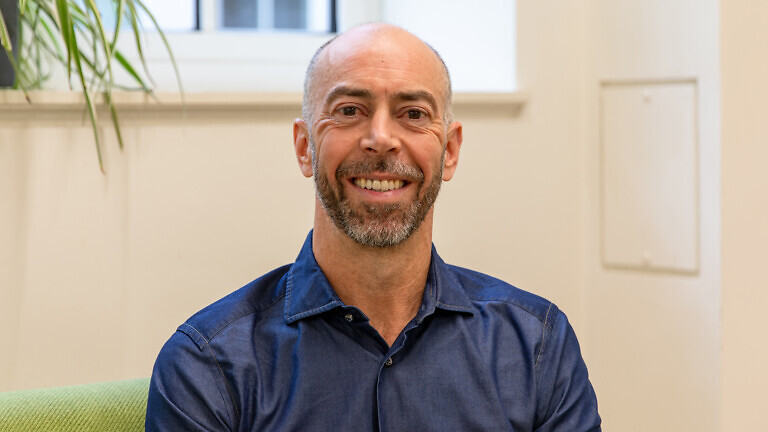The Royal College of Anaesthetists and the University of Nottingham have found that nearly three-quarters of UK hospitals do not routinely screen older surgical patients for frailty.
Research from the Royal College of Anaesthetists (RCoA) and the University of Nottingham has found that nearly three-quarters of UK hospitals do not routinely screen older surgical patients aged 60 and older for frailty – despite clear evidence that frailty significantly increases the risk of complications, including longer hospital stays, delirium, and even death.
As Healthcare Today reported at the end of May, more than one million older people faced waits of 12 hours or more in A&Es in England last year. The older a person is, the more likely they are to experience a long stay which has a significant impact on patient safety.
The research, published in the British Journal of Anaesthesia, is the most comprehensive study on frailty and multimorbidity in UK surgical patients to date and includes data from 7,134 patients across 263 NHS hospitals collected over five consecutive days in March 2022.
“This research provides evidence that patients living with frailty are more likely to experience complications from surgery such as longer hospital stays and delirium. There is huge potential to improve patient outcomes by assessing all those over 60 for frailty as standard practice so that their care can be managed appropriately, with involvement from a geriatrician,” said Claire Shannon, president of the Royal College of Anaesthetists.
Helping hospitals reduce risk
People living with frailty are less likely to recover well from an operation and the risks increase the more frail someone is.
Compared to patients who are not frail, people living with frailty stay an average of three days longer in hospital after an operation, increasing to six days longer for those who are severely frail; are three times more likely to have complications from surgery; are four times more likely to have delirium following surgery, a condition that causes confusion; and are three times more likely to die within one year of surgery.
Identifying patients living with frailty helps healthcare professionals discuss individualised treatment options. This includes realistic discussions about the likelihood of survival and of remaining independent after the operation. It also helps hospitals to reduce risks, improve recovery, and provide the right support after surgery.
These discussions can only take place, however, if frailty has been identified. The research shows that in 71% of cases, UK hospitals are not routinely screening for frailty.
“Identifying frailty is straightforward and should lead to open and honest discussions with patients about what can be offered, what they want and what they can expect if they choose to have surgery,” said Iain Moppett, chief investigator of the third Sprint National Anaesthesia Project which carried out the research.



